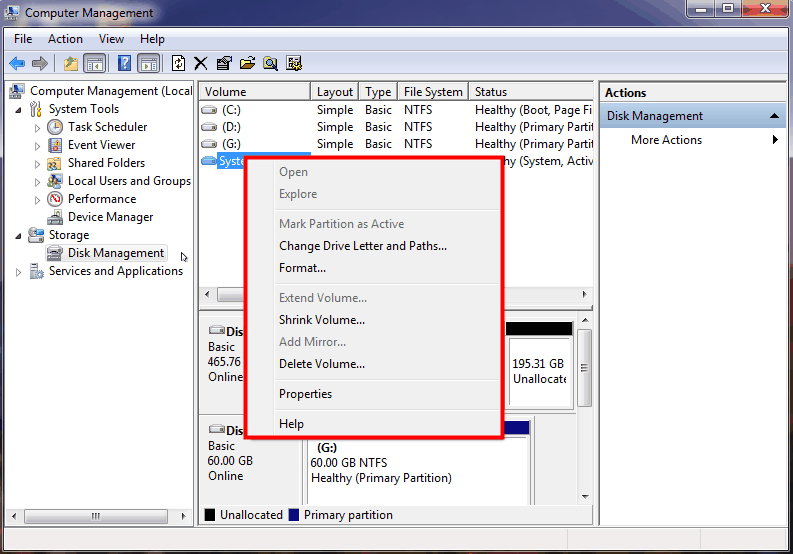

- PEGASUS2 R6 LOGICAL DRIVE DEGRADED ARCHIVE
- PEGASUS2 R6 LOGICAL DRIVE DEGRADED CODE
- PEGASUS2 R6 LOGICAL DRIVE DEGRADED MAC

The demands for video storage space and the need for much faster throughput from our hard drives has skyrocketed. But all this high quality HD video comes at a cost. The newest format is 4k, which is even more demanding of storage and drive speed. A number of these new formats also carry additional color information and at greater bit depth, yielding significantly higher quality video output. Instead of 720 x 480 SD video we now work with 1280 x 7 x 1080 formats (and larger). In the beginning we worked with Standard Definition 4:3 video, but now 16:9 HD video is the standard. However, over the past 11 years, the video codecs and formats have changed dramatically. In the early years many of us were working with DV, NTSC and PAL, which is heavily compressed to have a very low data rate of 3.5 MB/s (25 Mbit/s), and does run well from Internal and Firewire drives. You should see my work stations I have hard drives all over the place.
PEGASUS2 R6 LOGICAL DRIVE DEGRADED ARCHIVE
Because internal and FireWire hard drives can and will fail at some point, more drives were needed to back up and archive all of my primary hard drives. To supplement my internal hard drives I have purchased a large number of external FireWire hard drives, first FW 400 and then FW 800. As you know, video not only takes up a lot of space but the amount of footage accumulates over the years, consuming more and more hard drives. I have always filled my Macs with as many hard drives as they can hold. Starting with the G3 and finishing up 11 years later with MacPros.
PEGASUS2 R6 LOGICAL DRIVE DEGRADED MAC
Since FCP first shipped, I have been running it on Mac Desktops. Warranty: Two years with a one-year limited warranty on fan and power adapter.
PEGASUS2 R6 LOGICAL DRIVE DEGRADED CODE
G Look for any system reference codes that end with 8008 or 8009 (for example, 27638008).Īfter the system reference code is located, contact your Hardware Service Provider for assistance in getting a CE dispatched who will be able to assist in replacing or repairing the failed hardware.Pegasus R4 (4x1 TB drives) $1,149.00 - Pegasus R4 (4x2 TB drives) $1,799.00 To examine the PAL logs, do the following:Ī Type the STRSST command and sign on the System Service Tools (SST).ī From the SST menu, select Option 1 - Start a service tool.Ĭ Select Option 1 - Product activity log.į Specify a From Date that is prior to when the system slow down started. Normally, SRCs that indicates cache battery problems end with XXXX8008 or XXXX8009, where 'XXXX' is the IOA card type. Therefore, you must examine the PAL logs via SST for any SRC codes indicating a problem.Įxamine the PAL (Product Activity Log) for System Reference Codes (SRC) via the System Service Tools (SST) for indications of a problem with the cache battery. However, if the drives are mirrored (MRR), they will always show an ACTIVE status. Note: For type Data Parity (DPY) drives, the DEGRADED status is seen via the WRKDSKSTS, F11 command. This is because the data is written directly to the disks for all of the operations performed on the system.

If the cache battery fails, the data is written directly to disk, which causes the system performance to be slower. The cache acts as a pail for data before the data is written to the disk drives to provide a more optimal system performance. The cache battery keeps the card working in the event of a power failure. The cache card works in synch with your disk drives. If the drives are in DEGRADED status, this probably means that the IOA cache battery has failed. Run the WRKDSKSTS command, then press the F11 function key to determine the Status of the drives. To further troubleshoot, do the following: Solution: The problem description is indicating that the busy drives are the culprit that is causing the system slow down. However, the WRKDSKSTS command shows that the drives are extremely busy (over 40%). The overall CPU usage on the system is relatively low and there are no issues with high page faults with memory. Problem: Users are complaining that for the past couple of days the batch and interactive workload have been running very sluggish.


 0 kommentar(er)
0 kommentar(er)
